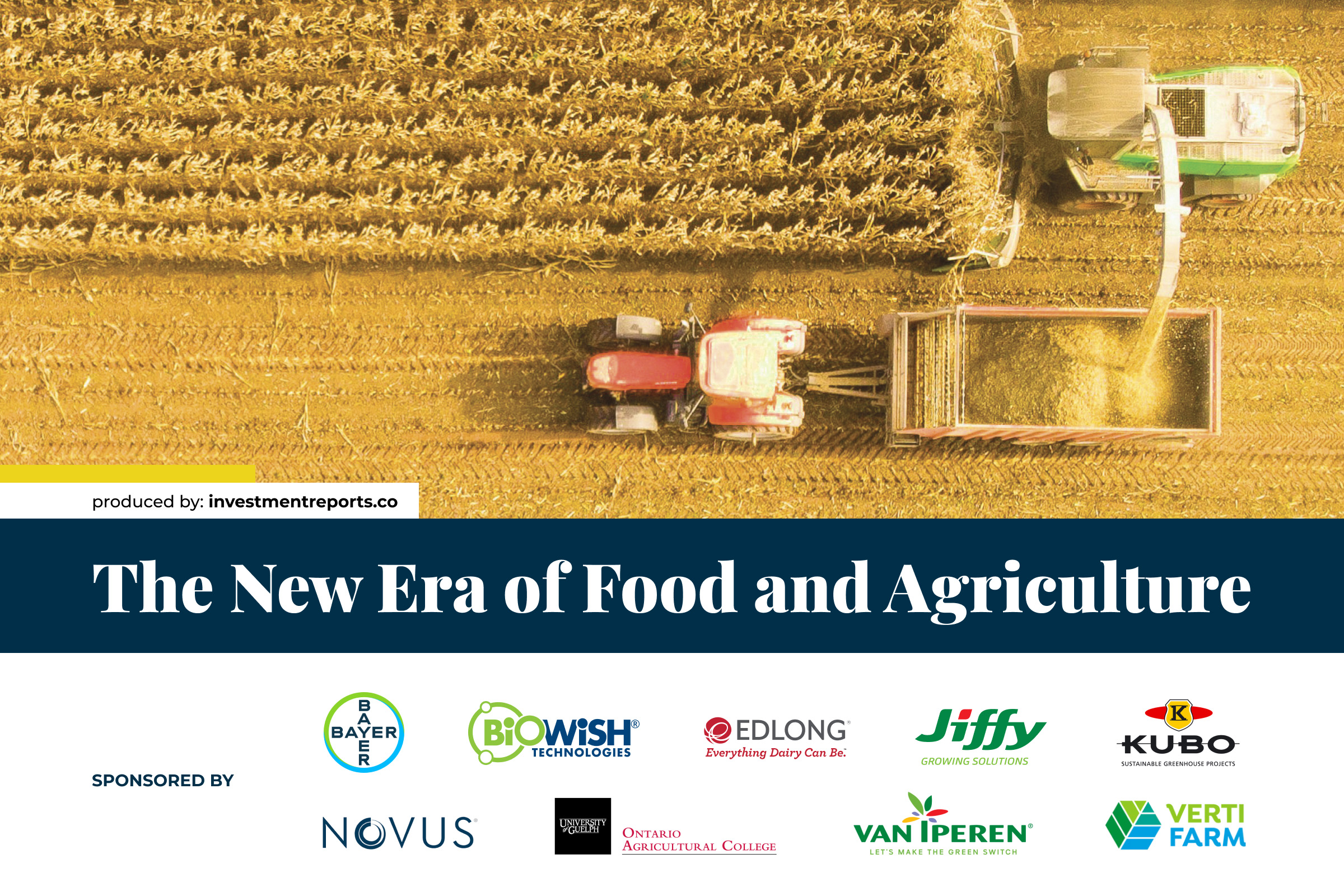
Here is some food for thought: the world will need 70% more food by 2050, when our population is set to reach 10 billion. This means that we will have to produce more food in the next 40 years than in the previous 10,000 combined. At the same time, the food industry presently accounts for 26% of greenhouse gas emissions, and agriculture uses up to 70% of the global freshwater withdrawals. If we are to preserve our planet, we will have to produce more with less. The task before the sector is enormous. As the President of Bayer Crop Science Division Rodrigo Santos summarizes: "Over the last two decades, we saw a major revolution with increasing yield and productivity. But in the next two decades we will witness two simultaneous revolutions and with that a major transformation of agriculture: we need to produce more food to meet the 70% rise in demand while – at the same time - fighting climate change." As if that were not enough, this twofold hurdle is aggravated by recent crises, such as the COVID-19 pandemic, which perturbed global supply chains, and Russia's illegal invasion of Ukraine, which caused spikes in fertilizer prices, resulting in increased food insecurity around the world. Simultaneously, long-lasting grievances, notably aging labor force and food waste, persist.
The good news is that major players in the sector, from farmers to flavorists to engineers, are all in a state of restless productivity, conscious of what lies ahead. We spoke with more than 100 of these industry leaders, and here we report on their latest work to feed the world and conserve the planet.








